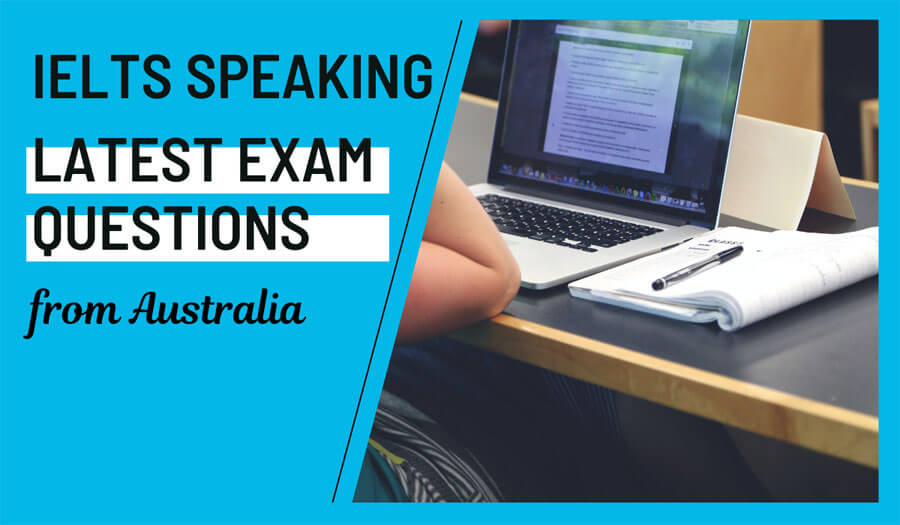Sentence Mistakes That Secretly Hurt Your IELTS Score

Many IELTS test takers feel that complex sentences are, well, complicated. But here’s the good news: they’re actually easier to master than you might think! With the right guidance, you can use them confidently and make your writing clearer and more academic. Let’s look at three common struggles with complex sentences and how to fix them.
1. Mixing Up ‘Who’ and ‘Which’
Mistake: The chart shows the number of students, which is from various countries studying in the UK.
The word “which” incorrectly refers to “students,” making the sentence unclear.
Correct Version:The chart shows the number of students from various countries who are studying in the UK.
Why It’s Correct: Here, “who” correctly refers to the students, making the relationship clear.
2. Confusing Phrases That Don’t Make Sense
Mistake: After completing the research, the results were surprising.
The phrase “After completing the research” appears to describe “the results,” but results cannot complete research.
Correct Version:After completing the research, the researcher found the results surprising.
Why It’s Correct: The corrected sentence makes it clear that the researcher completed the research, not the results.
3. Wrong Use of ‘If’ Sentences
Mistake: If people will have a better education, they can get better jobs.
Explanation: Using “will” in the “if” clause is incorrect in conditional sentences.
Correct Version: If people have a better education, they can get better jobs.
Why It’s Correct: The first conditional structure (“If + present simple, … can + verb”) is used to talk about real and possible situations in the future.
4. Sentences That Aren’t Complete
Mistake: Because the data was collected from multiple sources. It may not be entirely accurate.
The first part is a fragment and cannot stand alone as a complete sentence.
Correct Version: Because the data was collected from multiple sources, it may not be entirely accurate.
Why It’s Correct: This combines both parts into one complete, grammatically correct sentence.
5. Mixing Up ‘Who’ and ‘Which’
Mistake: The graph shows that the number of graduates increased rapidly and are stable.
“Increased” and “are” don’t match, making the structure inconsistent.
Correct Version: The graph shows that the number of graduates increased rapidly and then remained stable.
Why It’s Correct: Both verbs (“increased” and “remained”) are consistent and parallel in structure.
6. Unnecessary Linkers That Cause Confusion
Mistake: Although the number of students increased, but the number of teachers remained the same.
Using both “although” and “but” in the same sentence is redundant.
Correct Version: Although the number of students increased, the number of teachers remained the same.
Why It’s Correct: Using just “although” is sufficient to show the contrast.
Which of these mistakes can you find in your own writing? Let me know in the comments!



